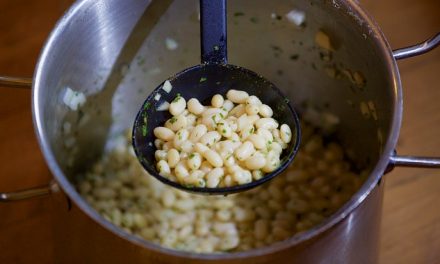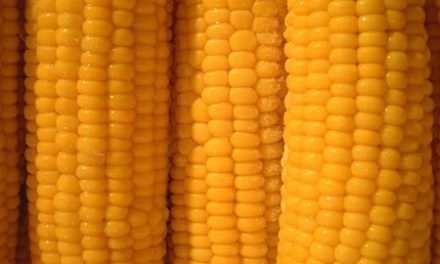Diabetes dietary guidelines were recently changed to recommend 1/5 (2 Tbsp. or 1 oz.) of an avocado per serving rather than 1/8. Last updated in 1995, the newly revised Exchange Lists for Meal Planning is published by the American Diabetes Association and American Dietetic Association1. This new 1/5 of an avocado serving size is now consistent with the serving size set by the Food and Drug Administration for nutrition labels.
Diabetes is a condition whereby the body does not make enough insulin or use it properly. Without insulin, the body cannot utilize food for energy. People with diabetes have high blood glucose levels and many have high blood cholesterol and triglyceride levels.
The Exchange Lists are a way for people with diabetes to plan healthy meals. The Exchange system divides foods into categories - carbohydrates (starches, fruits, milk, vegetables and other carbohydrates), proteins and fats - and gives a guide of how much of each category should be eaten each day. The Exchange Lists are available through a registered dietitian or diabetes educator.
While the new dietary guidelines warn that total fat intake should be limited, people with diabetes are encouraged to replace saturated fats with heart-healthy monounsaturated fats. Avocados are the only fruit that provides this fat, known to lower artery-clogging LDL cholesterol and raise heart-healthy HDL cholesterol. In addition, recent American Diabetes Association findings present evidence that a diet high in monounsaturated fat can improve glucose tolerance and may also reduce insulin resistance allowing for better control of the disease.2
"I'm delighted to see that the American Diabetes Association is following the serving size on the FDA nutrition label by listing a larger portion of this nutritious fruit for people with diabetes," explains Karen Duester, a registered dietitian and president of the Food Consulting Company. "The new serving size equals about three avocado slices - just enough to top a salad or to spread on toast."
California avocados are nutrient dense, versatile and a delicious part of a healthful diet. While avocados may be best known for their monounsaturated fat, they contain other important nutrients beneficial to a healthy food program for people with diabetes.
Ounce for ounce, California avocados contain more protein, fiber, potassium, magnesium, vitamin E, folate, thiamin, niacin, and riboflavin than any other of the 20 most commonly eaten fruits. They are naturally cholesterol and sodium free and serve as a healthier alternative to butter, sour cream and other dips and spreads. For more nutrition information and meal planning ideas, visit http://www.avocado.org
1. Exchange Lists for Meal Planning, 2003 by the American Diabetes Association, Inc., and the American Dietetic Association.
2. Evidence-Based Nutrition Principles and Recommendations for the Treatment and Prevention of Diabetes and Related Complications. Annual Review of Diabetes 2002, American Diabetes Association, pages 70-120, January 2002.
California Avocado Commission










